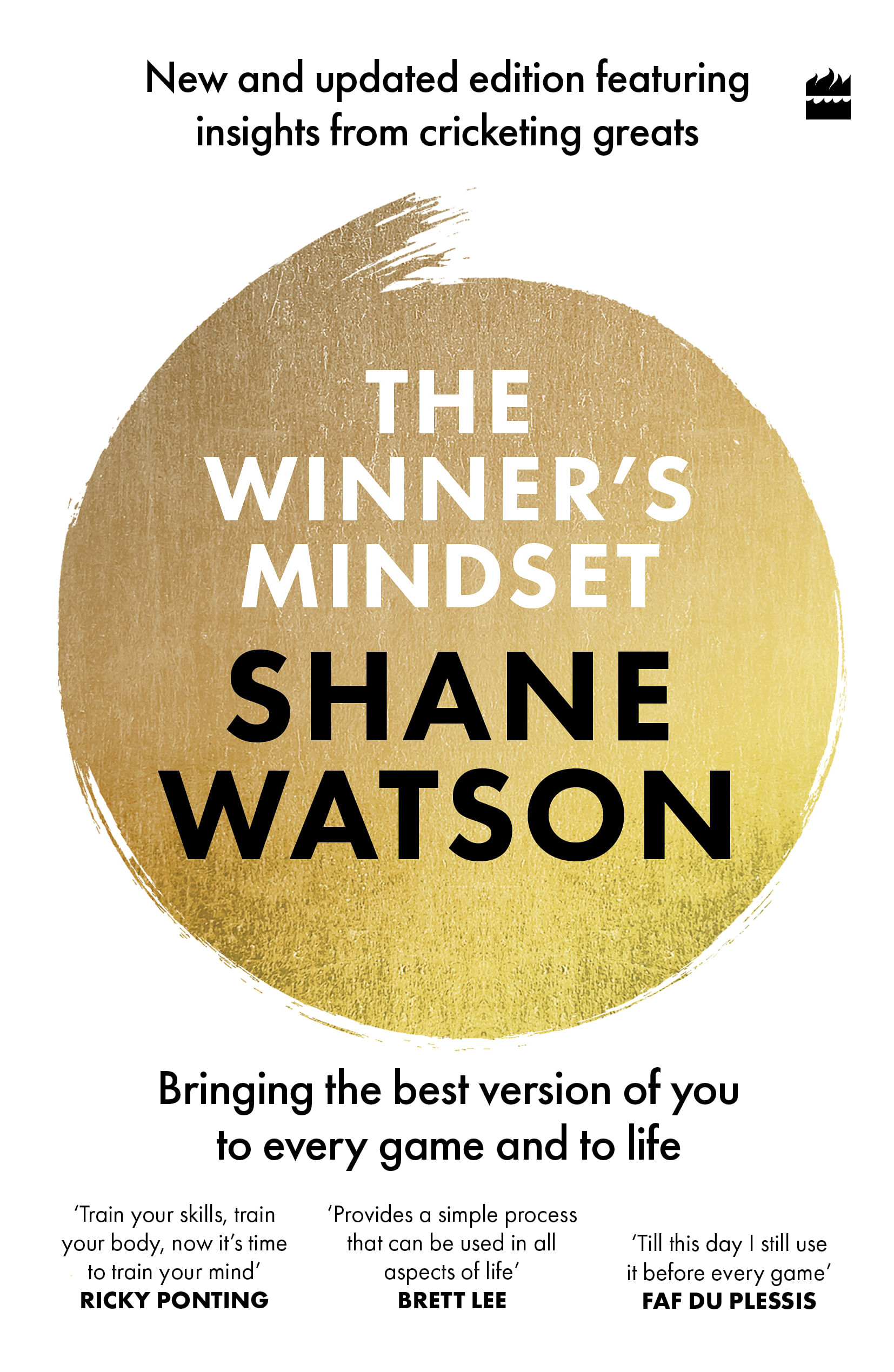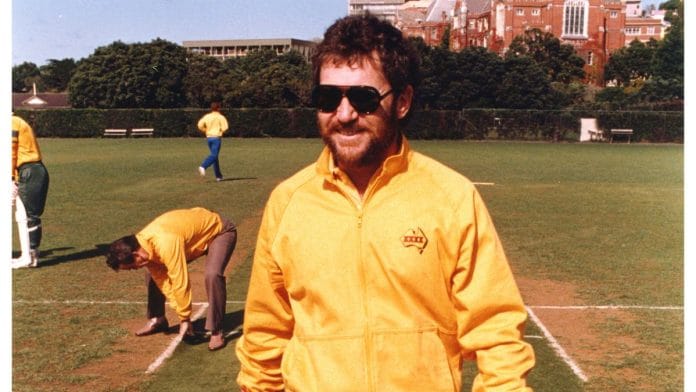Allan Border is the godfather of Australian cricket. He was one of my heroes growing up, especially as a Queenslander. He set the standard for the dominant eras of Australian cricket that followed.
My generation owes a lot to AB. He dug Australian cricket out of the doldrums in the mid-1980s and laid the foundations for the great group of players that followed. Those players then set the standards for future Aussie cricketers, which I was very lucky to be a part of.
AB’s mental strength was incredible. He was relentless. He never gave anyone a chance to see any sign of weakness in him. He put it all on the line in every performance. He always brought his best effort to everything, and he was never satisfied. When he made runs, he always thought he should have made more. He never rested on his laurels. There are legendary stories of him driving his team even harder at training when they were doing well.
I had the privilege of speaking to AB a lot during my career, but also on my podcast. Allan Border is now a very gentle man in retirement. But the ruthless streak he had as a player and as a captain was a result of his hatred of losing and his fear of failure.
AB’s example of using a fear of failure to fuel him is an important one to look at in detail. You don’t want fear of failure creeping into your mind while you are in the middle of your performance. AB talked about some of the things he thought about during his best performances. He would often ask himself, ‘Am I watching the ball? Not just a general area of where the ball is being released from. Am I zeroing in on the ball?’ He wanted to be watching it closely at high intensity. That is similar to many of the great players. He was putting the ball in his mind at the right time and not thinking about anything else. There was no fear of failure entering his mind at that point.
He also spoke about some techniques he used in between balls to switch off and calm his mind. One of those was deep breathing. It was his way of relaxing and putting his mind on neutral by focusing on his breath. Again, there were no fears entering his mind at that point.
Where he used fear of failure was in his preparation. It’s really important to understand the distinction between avoiding those thoughts during your actual performance while sometimes using them to your advantage in your preparation.
AB understood this and he often talked about it. He started his career when Australia was underperforming. They could never beat the mighty West Indies teams, who would always thrash them, and they would often lose to England as well. AB hated losing. He was such a competitor that he used the fear of losing, the fear of failing, and turned it into fuel for his preparation. It gave him the ammunition to ensure that he brought the very best version of himself to every game. He knew it was hard enough to beat those teams with his A game. So he made sure he never turned up with anything less than his A game in terms of the things he could control.
That is why he was so relentless and ruthless in his preparation. He was driven to leave no stone unturned, no box unticked. He demanded the same of his players. He ensured that they never turned up underprepared either. Teams are shaped by the standards their leaders set, and AB set the highest standards he could.
He revealed on the podcast that he didn’t believe he was the most talented player going around. He had an unconventional batting technique as a result of being an excellent baseballer as a junior. But he knew what his strengths were. He practised them diligently and he was incredibly disciplined in sticking to his game plan and staying with those strengths.
He demanded that his team keep going through the same process, ball after ball, to keep scoring as many runs as they could. He told them to never be satisfied. He told them never to come in until they were told to come in.
That’s why AB was such a great leader. He walked the walk and set an example for others to follow. He led with his actions as well as his words. There is not a single player who played under him that wasn’t in awe of him as a leader and didn’t follow his advice.
AB understood the difference between process and results. He let the past results fuel the process to ensure he gave himself the best chance to have better results in the future. That is exactly what happened to Australian cricket under his watch as captain. Australia went from an awful team to the best in the world because of AB’s attitude and leadership. He is a great person to emulate. Let the fear of failure drive your preparation and then focus on the process in the moment. That’s why Allan Border is a legend.
 This excerpt from The Winner’s Mindset by Shane Watson has been published with permission from HarperCollins India.
This excerpt from The Winner’s Mindset by Shane Watson has been published with permission from HarperCollins India.






